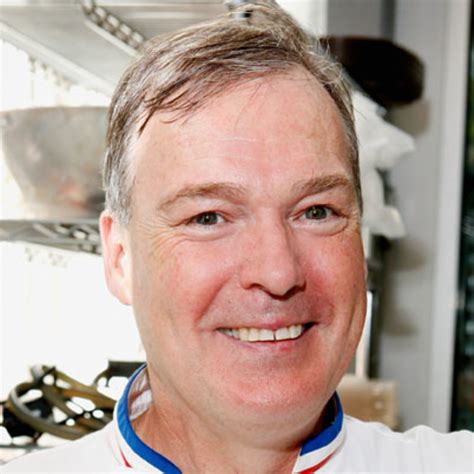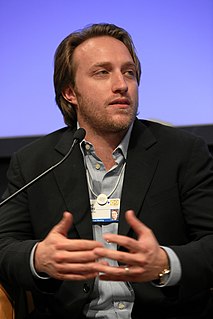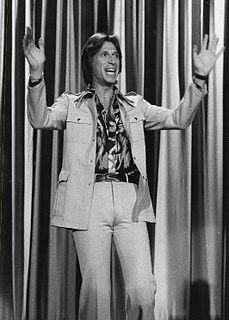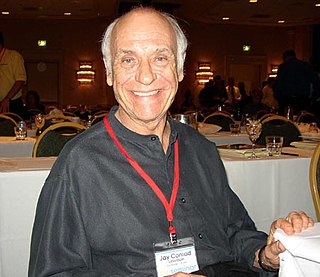A Quote by Romeo Santos
You can have the best product, but if you don't have a plan - a label pushing it, the support of a network - you can't make it big with a product. It's all about distribution.
Related Quotes
Superior sales and distribution by itself can create a monopoly, even with no product differentiation. The converse is not true. No matter how strong your product-even if it easily fits into already established habits and anybody who tries it likes it immediately-you must still support it with a strong distribution plan.
My chocolate is special because it's real. My pistachios are from Italy, and the almonds are from Spain. We make our own marzipan. If I sell a product that says 'raspberry,' it's real raspberry. My plan was to make the best product possible and be the least expensive of the best chocolate makers. That's still our position.
No product is an island. A product is more than the product. It is a cohesive, integrated set of experiences. Think through all of the stages of a product or service - from initial intentions through final reflections, from first usage to help, service, and maintenance. Make them all work together seamlessly. That's systems thinking.
If you think of the product as a service, then the separate parts make no sense - the point of a product is to offer great experiences to its owner, which means that it offers a service. And that experience, that service, comprises the totality of its parts: The whole is indeed made up of all of the parts. The real value of a product consists of far more than the product's components.


































